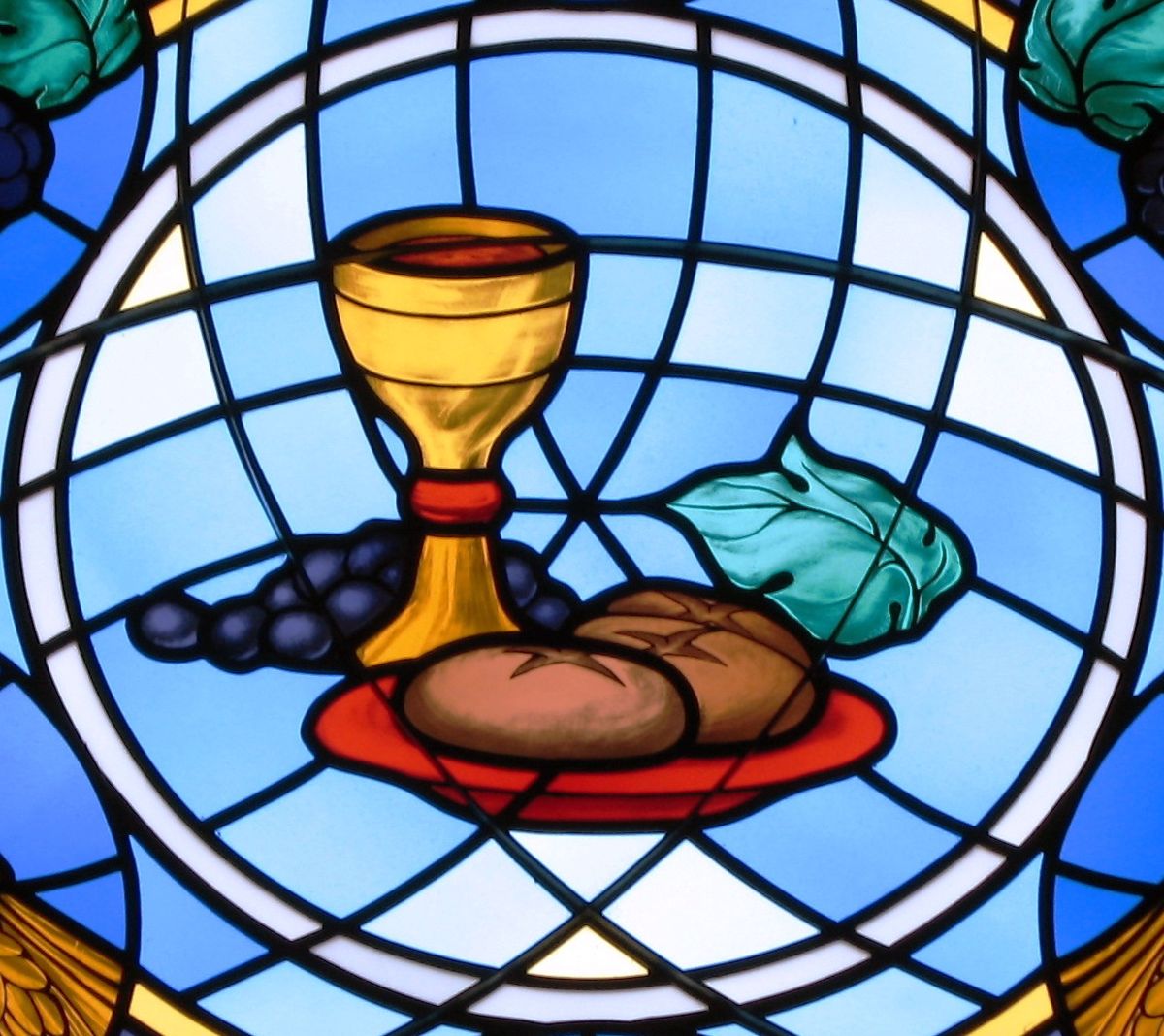M
MagdalenaRita
Guest
So, I see it as the bread and wine in a non-Catholic Church are just that, bread and wine but when receiving in a Catholic church you ARE receiving God. The Mass is the highest form of worship there is and the first commandment states: 1. I am the LORD your God. You shall worship the Lord your God and Him only shall you serve.Margaret_Ann:
Please do not lead people a stray. Opinions like this allow others to falsely accuse Catholics of wrong.NO. It’s a sin against the First Commandment.
Recieving somewhere else you are not serving God as He instructs.
Absolutely, because it is NOT the Eucharist in a protestant Church but a piece of bread and a little bit of wine.So if you lived in a land without any Catholic priests or churches you would refuse the Eucharist from another’s hand ?
Again in a protestant church it is not Holy Communion but bread and wine.If any of us lived in a land where by Catholic Church did not exist , may I ask where would you go to receive holy communion ?
There are places that do not have enough Catholic priests and so people are not always able to receive the Eucharist. In Early America when Catholics were settling here they did not always have the Eucharist available. Many of them, (not all, some gave in to protestantism), continued in their Catholic faith and refused to receive a false eucharist. Those who stood strong built up Catholic communities so the Eucharist could be recieved. That is what we should be doing.
Last edited:

